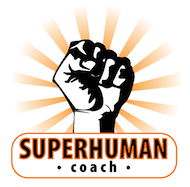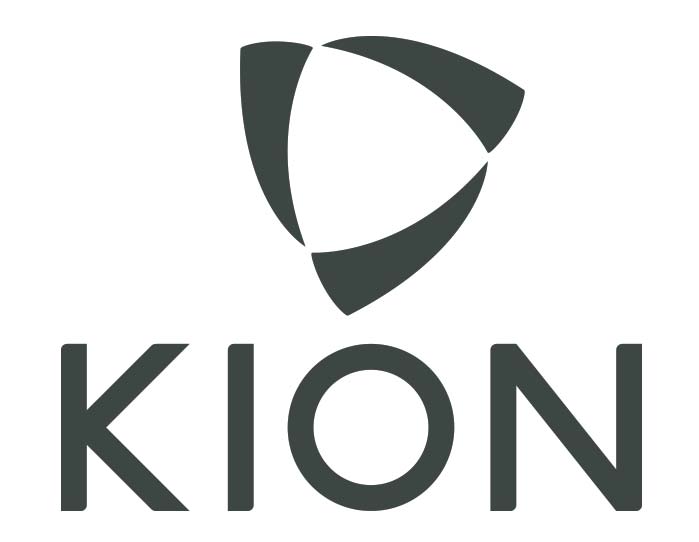Congratulations! You have signed up for an Ironman or Ironman 70.3. In my opinion, one of the top priorities in your training schedule is getting to a camp. Preferably a camp that is located at the particular event you are signed up for. If the race you have signed up for doesn’t have a qualified coaching camp to accompany it, just get your butt to a camp with qualified coaches. The information and fitness you will gain is invaluable. As a full time triathlon coach and sports nutritionist my job is to get my clients ready not just physically, but also nutritionally, for the load they will endure during their high volume training week at whichever camp I have designated for them to attend.
Most triathlon training camps are 3 ½ -4 days in length. During that time you will collectively swim, bike and run more than 20hrs. For the average triathlete, that is a huge volume of training compressed into 4 days. With that in mind, your nutrition leading up to, and during the camp, are of utmost importance in order to assure you recover properly from each days training.
Typically, I choose more of a high fat and low carbohydrate diet, but during a high volume week, and the days leading up to it, I advise more carbohydrates than fat due to the volume of training and the need to refuel the bodies glycogen stores. Although you have virtually endless amounts of stored body fat that can be used for energy you must remember 2 things. 1) I like the saying “fat is the fuel that burns in a carbohydrate flame,” meaning you need carbohydrates present for the body to efficiently burn fat. 2) Given the intensity and volume you are about to take on and the fact that you have roughly 1500-2000 calories of stored muscle & liver glycogen, you will need ample amounts of carbohydrates in order to “refill you tank” for each days training. Along with an increased carbohydrate intake you will want to reduce the amount of fat, fiber, and protein you eat in order to allow rapid absorption and assimilation of carbohydrates. The aforementioned, all slow down carbohydrate digestion.
High volume weeks are not a time for variety and creativity with your nutrition. I coach my athletes to find simple foods that work well with their bodies and stick to it. That means breakfast is the same thing every day, as well as lunch and dinner. Once the week or camp is over you can add variety back in, but during, it’s about putting high octane fuel in the machine (that’s you) and not introducing new things that could potentially create a lack of ease in your system. I take a qualitative approach to nutrition, especially during high volume weeks. I personally suck at math, so the LAST thing I want to do during a heavy week is count calories. Rather, I monitor energy and power (watts) levels and sleep quality. As long as those 3 are in check then I know I am getting ample fuel. Below is a typical fueling day during a high volume week. I will cover why I choose these foods and supplements in part 2 of this series.
Breakfast: 2hrs before starting exercise
1.5 cup Oatmeal made w/ unsweetened vanilla almond milk or Coconut milk, 1 banana, ½ cup strawberries, ¼ cup chopped pecans, 1-2Tsp Cinnamon, salt to taste, and 1-2 Tbsp coconut oil.
During training:
1-2 scoops ucan super starch w/ 8oz water and 1-2 NUUN tablets every 60-90min. Depending on the tempurature I will also supplement with more electrolytes. I also take up to 5 MAP tablets per hour to prevent muscle catabolism.
Between training sessions I will eat a bowl of white rice, (I like Jasmine rice), mixed with 1/4 avocado, coconut oil, and steamed spinach or kale mixed in. I season it with fresh rosemary. I continue to take the MAP. I also drink coconut water during this time.
If I get hungry during a long ride I will have a baked sweet potato w/o the skin with a little coconut oil, raw honey and salt for “real food”. I have found a way to puree this and put into a flask for easier eating during the ride.
Dinner:
Can of sardines, 6oz wild salmon, or 6oz chicken breast with more white rice, spinach, cherry tomatoes, and seasoned w/herbs de Provence for flavor. I also add a medium baked sweet potato or regular potato.
There you have it, simple and clean energy for maximum performance. If you have an aversion to any of the foods I listed feel free to substitute for your favorite high carbohydrate food. If you aren’t sure, then NOW is the time to find out what works and doesn’t work for your body. This way you get the most out of your high volume week with maximum recovery. Again, in part 2 of this 3 part series I will go into more detail of how the foods and supplements I choose help performance and recovery. Until then…
Train Smart,
Coach Mo

